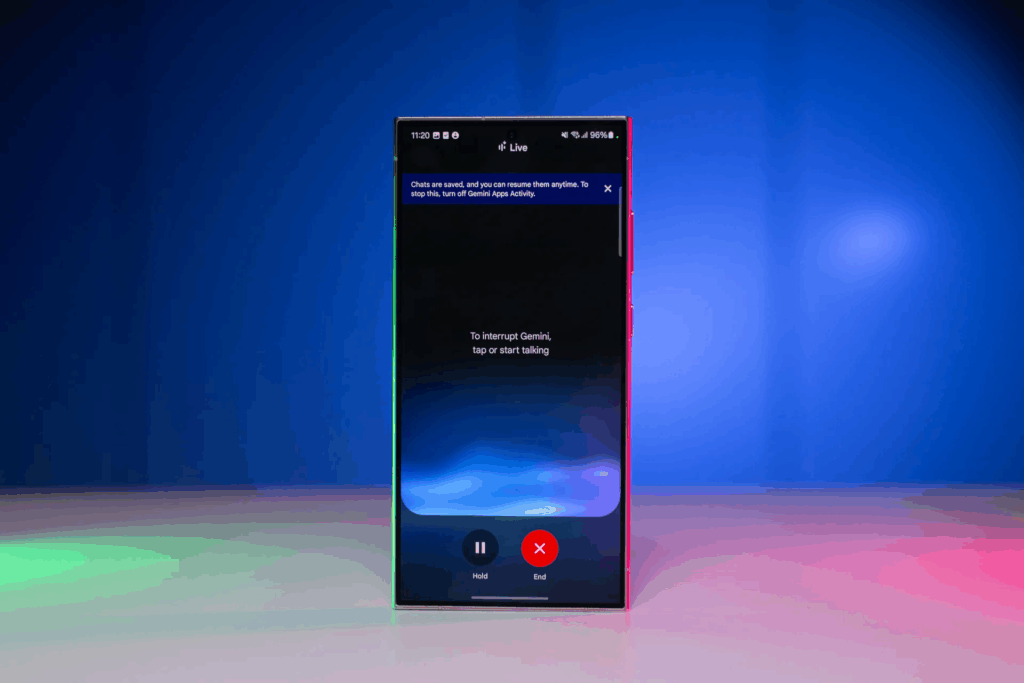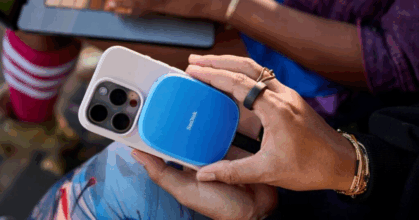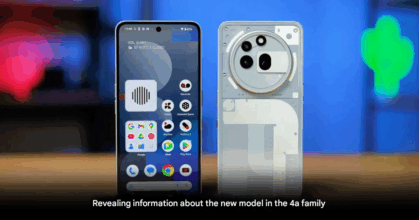
Apple Faces Criticism for Falling Behind in AI Race as Internal Chatbot ‘Veritas’ Surfaces
Internal Project Signals Apple’s Reluctance to Compete Head-On with ChatGPT
Apple is under growing pressure in the AI landscape following reports that the company is developing an internal chatbot called Veritas. Built on the same technology as the next-generation Siri, Veritas is being used exclusively for internal testing with no plans for public release. This cautious approach suggests that Apple may see direct competition with ChatGPT — the market leader since its debut three years ago — as an uphill battle, especially as OpenAI’s platform continues to dominate user engagement despite recent controversies over legacy model access.
While Apple has often expressed skepticism about chatbots in public, it has instead focused its efforts on Apple Intelligence — a system designed to make Siri smarter and more adaptive. However, users continue to view Siri as lagging behind competitors, particularly when compared to ChatGPT’s advanced language capabilities and natural conversational skills. Expectations are rising for Siri to integrate more deeply with personal data such as emails, calendars, and usage habits, delivering a personalized AI experience similar to ChatGPT Pulse — a feature reminiscent of Google Now but requiring data access privileges. Apple, with its vast ecosystem of user data, holds a key advantage in this area.
User Expectations Push for Smarter Siri and Deeper Integration
Despite ChatGPT Pulse and OpenAI’s advanced voice features being hailed as major strengths, they largely build on concepts Apple pioneered with Siri over a decade ago. Users now expect Siri not only to better understand commands but also to handle device tasks like adjusting settings or controlling apps — areas where third-party services still outperform Apple’s virtual assistant.
Siri also faces comparisons with Perplexity, which delivers concise, context-rich answers complete with reference links, particularly for local news queries. Experts argue that Apple should adopt similar approaches to elevate Siri beyond a basic chatbot, positioning it as a contextual assistant capable of explaining complex topics and verifying information. The vision for Apple Intelligence is expected to go beyond coding assistants or simple conversational bots, offering seamless integration across iPhone functions and services.

Apple Still Holds Strategic Advantages in the AI Race
Although Apple has been criticized for trailing behind in AI, no smartphone rival has yet achieved clear dominance. Google’s Gemini is perhaps the closest contender, but it remains imperfect. Apple’s vast iPhone user base and tightly integrated ecosystem present a significant opportunity: by harnessing user data and refining Siri to deliver highly personalized experiences, Apple Intelligence could become a leading AI system that transcends typical chatbot functionality.
The coming months represent a critical inflection point for Apple. Successfully building a more powerful, intuitive AI could not only redefine the iPhone but also cement Apple’s leadership in the next era of smartphone technology. Failure to seize this opportunity, however, could leave the company vulnerable as AI becomes the core of mobile innovation.






